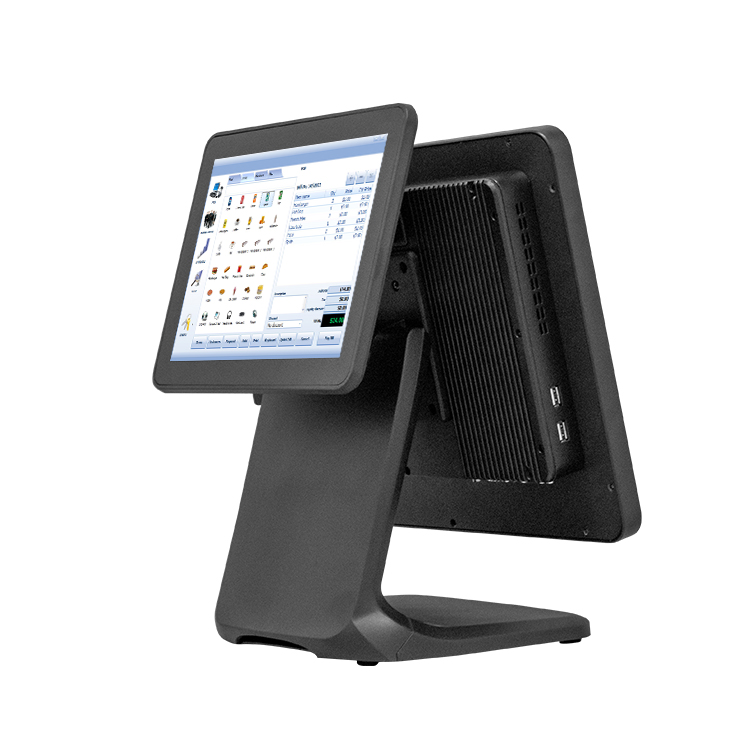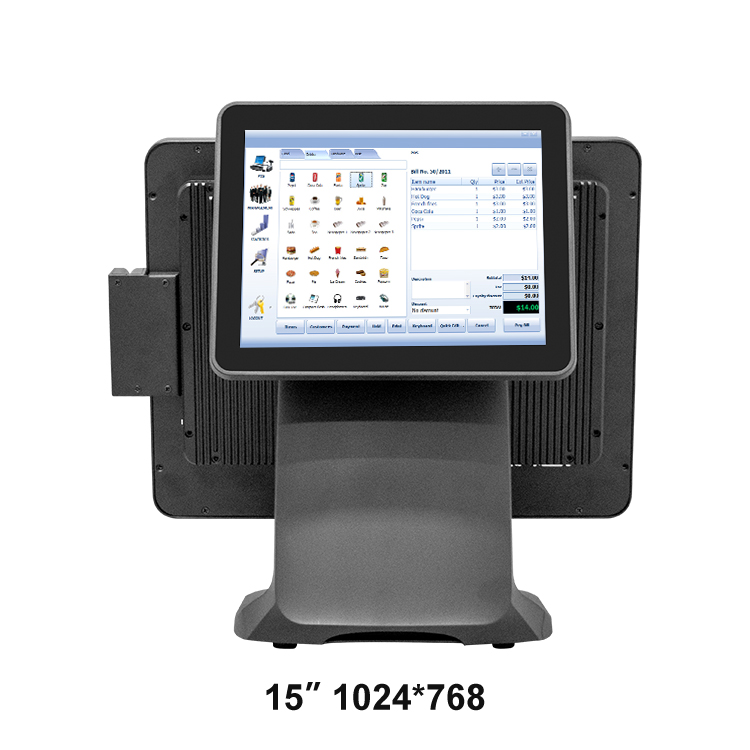In the dynamic landscape of retail marketing, the point of sale (POS) holds a pivotal role in driving sales, enhancing customer experiences, and optimizing business operations. This article explores the concept of point of sale in retail marketing, shedding light on its significance, functionalities, and impact on overall business success.
Defining Point of Sale in Retail Marketing:
At its core, the point of sale refers to the location where a retail transaction is completed. It encompasses the physical or digital space where customers make purchases and transactions are processed. In a traditional retail setting, this often refers to the checkout counter or cash register area. However, with the advent of e-commerce and omnichannel retailing, the concept of point of sale has expanded to include online platforms, mobile apps, and self-service kiosks.
The Significance of Point of Sale:
Driving Sales: The point of sale serves as the final touchpoint in the customer journey, where purchasing decisions are made. Effective point of sale strategies can influence impulse purchases, upselling, and cross-selling, thereby driving incremental sales and revenue for retailers.
Enhancing Customer Experiences: A seamless and efficient point of sale experience is integral to fostering positive customer experiences. From fast and convenient checkout processes to personalized promotions and loyalty rewards, the point of sale plays a crucial role in delighting customers and building brand loyalty.
Capturing Data and Insights: Point of sale systems capture valuable data and insights about customer behavior, preferences, and purchasing patterns. By analyzing this data, retailers can gain actionable insights to optimize pricing strategies, inventory management, and marketing campaigns.
Improving Inventory Management: Integrated point of sale systems enable real-time inventory tracking and management. This allows retailers to monitor stock levels, track product performance, and replenish inventory efficiently, thereby minimizing stockouts and maximizing sales opportunities.
Enabling Omnichannel Retailing: In today's omnichannel retail landscape, customers expect a seamless shopping experience across various touchpoints. The point of sale serves as a critical integration point, enabling retailers to unify online and offline channels, offer click-and-collect services, and provide consistent pricing and promotions.
Key Functionalities of Point of Sale Systems:
Transaction Processing: Point of sale systems facilitate secure and efficient transaction processing, accepting various payment methods, including cash, credit/debit cards, mobile wallets, and digital payments.
Inventory Management: Integrated inventory management features enable retailers to track stock levels, manage product variants, and automate reorder processes based on demand forecasts and sales trends.
Customer Relationship Management (CRM): Point of sale systems often include CRM functionalities to capture customer data, manage loyalty programs, and personalize promotions and discounts based on individual preferences and purchase history.
Reporting and Analytics: Robust reporting and analytics tools provide retailers with actionable insights into sales performance, product profitability, and customer behavior. This data-driven approach allows retailers to make informed decisions and optimize business strategies.
Integration Capabilities: Point of sale systems offer seamless integration with other business systems, such as accounting software, inventory management platforms, and e-commerce platforms, enabling streamlined operations and data synchronization.
In conclusion, the point of sale is a critical component of retail marketing, encompassing the physical and digital touchpoints where transactions are completed. From driving sales and enhancing customer experiences to capturing valuable data insights and enabling omnichannel retailing, the point of sale plays a multifaceted role in shaping the success of retail businesses. By leveraging advanced point of sale systems and embracing innovative strategies, retailers can unlock new opportunities for growth, differentiation, and competitive advantage in today's dynamic retail landscape.
pos point of sale retail point of sale point of sale in retail point of sale systems




